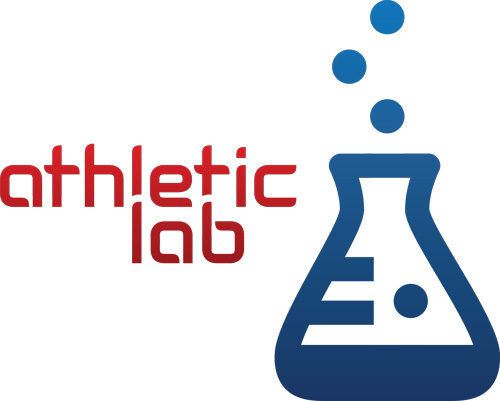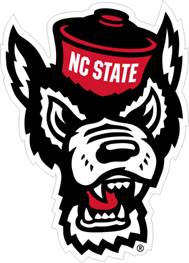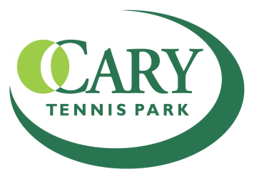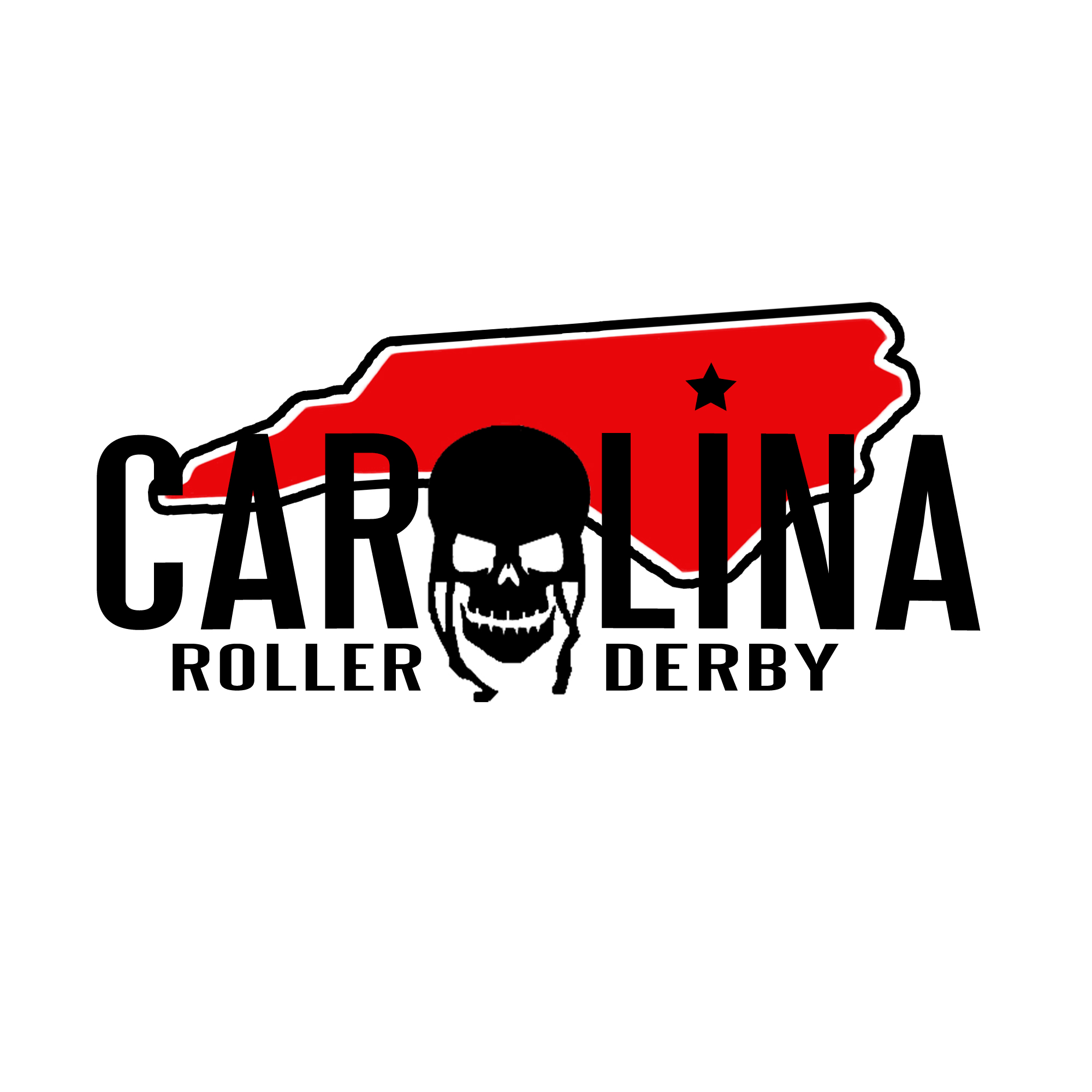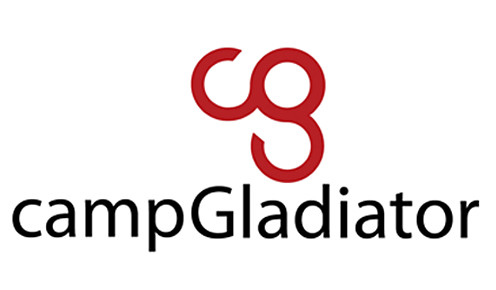By Renee Ehrlich LAT, ATC
When many people hear the word Athletic Trainer, they automatically think of a personal trainer, the person at the gym who helps you work out. Though an Athletic Trainer probably could, they do much more. Certified Athletic Trainers, or ATcs are sports medicine professionals who work with doctors or other medical professionals to prevent, evaluate and treat injuries. They are certified through their Board of Certification and are licensed in their state to practice. The scope of practice for an Athletic Trainer, or the tasks that they are qualified to perform, covers a wide range. This is why the term Athletic Trainer, or ATC is preferred as opposed to just trainer, as to not confuse Athletic Trainers and Personal Trainers.
The statement that ATCs are sports medicine professionals can mean a lot of things. First aid and CPR are one of the first and most important things ATCs are trained in. They are taught to quickly and safely evaluate medical emergencies and to contact the correct personnel, usually ambulance, to come help. Another thing ATCs specialize in is orthopedic injuries. Ankle sprains and ACL tears are common injuries that ATCs diagnose and treat on a regular basis. Concussions are another common injury that ATs specialize in. A concussion is a mild traumatic brain injury that can occur with a blow to the head or neck that causes injury to the brain. There are a vast amount of symptoms that can occur and many of them are subjective, meaning the person can feel and experience the symptoms but they can not be seen or measured by a medical professional. It is immensely important to correctly diagnose and treat a concussion to avoid post concussion syndrome or second impact syndrome which can potentially be fatal. Other areas ATCs have knowledge in that you might not expect are identification and treatment of skin conditions such as bacterial infections like MRSA and fungal infections like athlete’s foot. Sports psychology is another big part of athletic training. Knowing how injuries affect an athlete’s confidence or how the stress of competition can lead to anxiety is just as important to helping your athletes as knowing how to treat a sprain.
The most common place to find an ATC is at a high school. They typically manage the medical side of high school sports including everything from taping ankles before football practice to taking care of any medical emergencies that may occur. They also work with college and professional sports. Other common places to see ATCs include doctors offices and physical therapy clinics where they can help with various tasks such as putting a cast on a broken leg or taking a patient through a physical therapy routine. Industrial athletic training is a less common place for an ATC but is becoming more prevalent to help prevent workplace injuries at places such as warehouses where workers could become injured. They can help teach workers proper lifting mechanics and how to protect their bodies from overwork. Tactical athletic training is another new field that is testing to see how the use of an ATC can prevent and treat injuries in the military, police and fire departments with how strenuous those jobs can be.
An Athletic Trainer can help a wide variety of people with a wide variety of injuries and conditions. They are an important part of s sports medicine team and are often on the front lines being the first to see, evaluate and treat injuries. Next time you’re participating in a sporting event, or doing physical therapy in a Raleigh Orthopaedic Performance Center, remember to thank your Athletic Trainer for all their hard work.
About the Author:
Renee Ehrlich is a Certified Athletic Trainer (ATC), and licensed Athletic Trainer (LAT) through the North Carolina Board of Athletic Trainer Examiners. Renee graduated from Hofstra University with a Bachelor of Science in Athletic Training in 2014. She spent 2 years as an Athletic Trainer at The Morgan School in Connecticut.
Renee joined Raleigh Orthopaedic Performance Center in 2017 and works along side Sports Physical Therapist Dennis Meszler in assisting with patient treatment at our Cary location.




